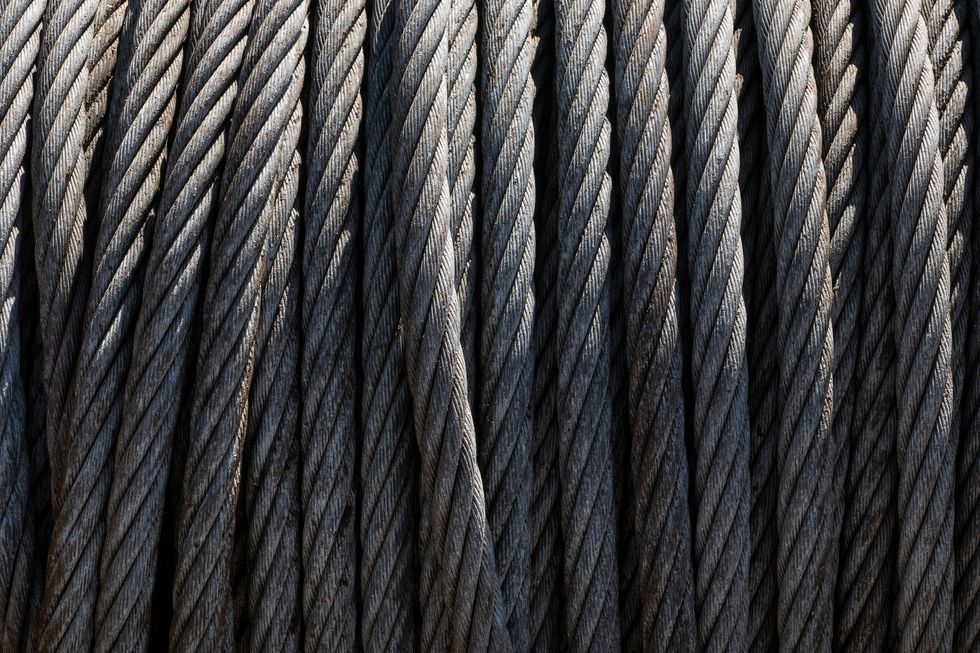To start this article off on a controversial note: yes, a trade war is a bad thing.
On the first day of this month, President Donald Trump announced that the United States would slap high tariffs on imported steel (at a rate of 25%) and aluminum (10%). The markets reacted badly as investors began to wonder if the president might be making good on his promise to reverse liberal trade policies implemented by the last three chief executives.
Trump’s logic seems sound at first glance. The U.S. has a wide trade deficit, the difference between imports and exports, with the world, $566 billion, well over half of which is with China. We have a deficit of goods, such as cars, oil, and agricultural product, with both Canada and Mexico, our biggest trade partners, though we have a small surplus of services like tourism and banking. China has a habit of stealing intellectual property from American firms, making money spent on innovation wasteful.
Still, these are hardly reasons to create tension on the global stage. If you assume the trade deficit matters, and if you assume the trade deficit matters in a bad way (both unpopular opinions among economists), there is little that an individual, even the president, can do about it. Trade deficits are caused by a variety of factors like a large national debt (not helped by the tax bill, signed by Trump, that will throw $1.5 trillion out of the national coffers this year) and other countries’ spending habits. Moreover, Americans might prefer imports, such as German BMWs and French Burgundy, to American-made products.
This is all technically theoretical. Perhaps a practical example will illustrate why tariffs are a bad thing. In 2002, President George W. Bush imposed tariffs on steel. The fees were supposed to last for three years, but Bush ended them at the beginning of the next year in response to the $30 billion, 13,000-job hit the economy took -- and other nations hadn’t even put up retaliatory tariffs in response yet. Many of Bush’s top economic advisers are now warning Trump not to repeat their mistakes.
If the U.S. is so concerned it is being robbed by other countries, there is an outlet for these complaints: the World Trade Organization (WTO), of which America is a founding member. The WTO acts as a sort of trade court, where states can bring disputes to be resolved. Instead of trying to go it alone, President Trump should use the existing system of rules, set up by the U.S. specifically to give it an advantage. Trump, for all his talk of putting America first, seems to be deliberately kicking its industries in the knee for the sake of being able to say he tried to help.






















